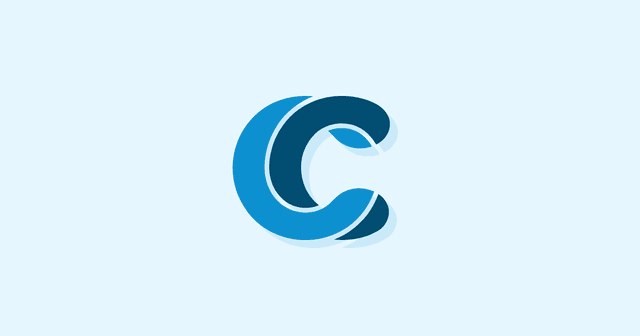Overview
PHP handles back end logic for websites and web applications, and is the most common language that developers use to build the backend of the web as we know it. The difference between frontend languages like HTML and javascript is they are processed client side. PHP, as a backend language, is processed server side.
PHP, standing for Hypertext Preprocessor, is a scripting language you can embed into an HTML document. This code is executed server side, and may even change the contents of the page before it is sent to the client. Unlike logic created with frontend languages, the client never receives the code that was executed, just the output.
One of the most common and simple examples of the many uses of PHP are logins on websites. A typical way to do this is with PHP receiving the client’s input, talking to the web server, and returning content to the client based on the credentials entered.

Why Use PHP?
The main reason to use PHP is it’s the most common thing to use. Inertia. As one of the oldest, most common, and most community supported server-side web programming languages, it is an easy choice:
- With its age, comes a lot of community support and expertise, as well as learning materials, making it very easy to pick up.
- It’s also open source, is easy to build upon, and is vetted by the community. This is really common with a lot of languages, but worth mentioning.
- PHP is easily compatible with most databases, relational and non-relational. Maria DB, MongoDB, MySQL, Postgress, your options are limitless.
- PHP is an object-capable language, supporting OOP and giving you the ability to write classes yourself, use inheritance, and it supports encapsulation.
- Due to the size of PHP adoption, there are a lot of PHP frameworks to choose from, some of the most well-known being Laravel, Symfony, and Zend.
What Uses PHP?
Many well known websites and services take advantage of PHP. Any site built on WordPress, Magento, Drupal, Joomla, and many more CMS is built with PHP. Famous sites like Wikipedia and Facebook are built in some part with PHP, in addition to frankly most sites on the web.
Is PHP Still Relevant for a Career?
Absolutely! PHP still powers 80% of the web. While there are many new and exciting backend technologies out there like Node.js and Golang that could land you a great career, PHP is a stable choice promising to stick around for many years to come.
What Is a PHP Developer? How Do You Become One?
In the simplest terms, a PHP developer is a backend web developer who specializes in PHP. The most common tasks that a PHP developer will work on are connecting apps with third-party services, data manipulation and database support, backend logic for websites and web apps, and yelling at the kids who use Node.js to get off their lawn.
Get a Relevant Degree
Though college education isn’t strictly necessary, as with a lot of things, it helps give you a foundation to build on, as well as looking good to employers. You don’t need to set out to specifically get a degree related to backend web development, or web development at all. Any computer science degree related to programming should give you the foundations that will help you accelerate in other programming languages. For example, a foundational set of courses in C++ will still help you approach PHP better as a first-timer.
Learn, Learn, Learn
In 2022, your best resources are
- Books
- Youtube
- GitHub
And that’s about all you should bother with.
These days every common programming language has a lot of courses available (for free!) on YouTube. Take advantage of it. Getting started can still be daunting, even with all of the available help.
One of the easiest ways to get familiar with programming in general, or any programming skill you are not familiar with, is to poke around with open source applications others have made. Tinker, change things, and learn how they work. It will get you more comfortable with some basic concepts and help you get over that initial learning curve.
Expanding Your Scope
If you’re confident in your skills as a PHP developer, you should consider learning tech stacks like LAMP (Linux, Apache, MySQL, PHP). Becoming a LAMP stack developer makes you more well-rounded and a better candidate for handling smaller projects that need just one developer to handle most of the backend tasks, or larger projects that would need more broadly experienced developers.
Working on Projects
Building a resume sometimes is as easy as building a good GitHub profile. Get out there! See what interests you and contribute to or create projects to further your learning and build your portfolio.

Finally, Certifications
One of the last things you should do as an aspiring PHP or LAMP Stack developer is get certifications. There are many out there, and some are more well known and respected than others, but getting one never hurts your chances of getting a job, so why not do as many as possible? Much like a portfolio of projects, the goal here is to let employers know you are capable, despite your lack of professional experience.
After you’ve done all that, why not start the job hunt with CodeClouds? We’re always hiring, and, as a web development company, we are always hiring for LAMP stack developer jobs in Kolkata. Head over to our jobs page and check out our listings!
Share this article
250 reads
Similar Reads




